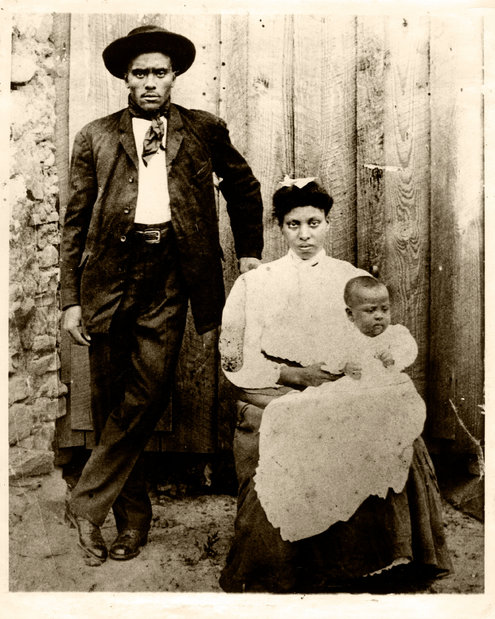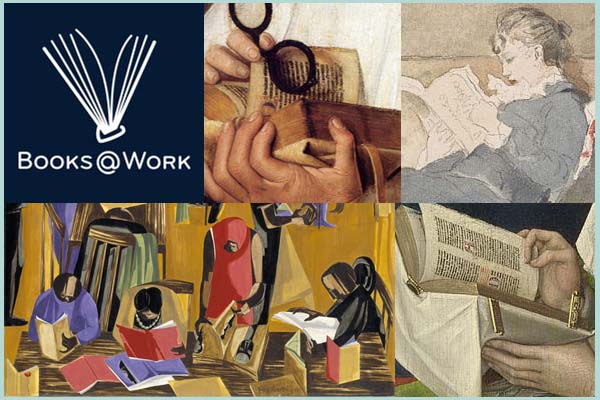When Theodore Rosengarten won the National Book Award in 1975 for “All God’s Dangers: The Life of Nate Shaw,” he beat out a classic of nonfiction, Carl Bernstein and Bob Woodward’s “All the President’s Men,” at the height of the Watergate scandal.
Forty years later, general readers tend to know “All the President’s Men” while Rosengarten’s work is obscure. Now the New York Times has drawn fresh attention to “All God’s Dangers” in “Lost in Literary History: A Tale of Courage in the South.” (Read full story here.)
The book began simply — as a conversation. In 1968, Rosengarten accompanied his future wife, Dale, on a trip to Alabama for research on her senior thesis, an examination of the Sharecroppers Union of the 1930s. The union, which existed only a handful of years, once attracted 10,000 members. Many members were forced underground after threats of violence turned into lynching – making a study of a primarily black, Communist-led organization difficult work.
Once the couple arrived in Alabama, they met “Nate Shaw,” then 84. His real name was Ned Cobb. One question — “Why did you join the union?”– led to eight hours of quotes from the former farmer, whose sharp detail convinced Rosengarten there was a story here. The writer returned again and again to collect Cobb’s recollections. In 1974, the northerner brought them to the public as “All God’s Dangers,” changing Cobb’s name for his family’s safety.
Cobb, an illiterate sharecropper whose father was born into slavery, went out on his own at 19 and was almost immediately successful, in spite of not having a formal education. He managed to become one of the first black farmers to own a car and his own share of mules. Critics lauded Cobb’s tales, with one review mentioning “All God’s Dangers” in the same breath as Homer’s Odyssey.
Today Rosengarten is a 69-year-old professor at the Zucker/Goldberg Center for Holocaust Education at the College of Charleston in South Carolina.
One sign that the book may be finding a new generation of readers: its current rank among Amazon bestsellers is 33.

